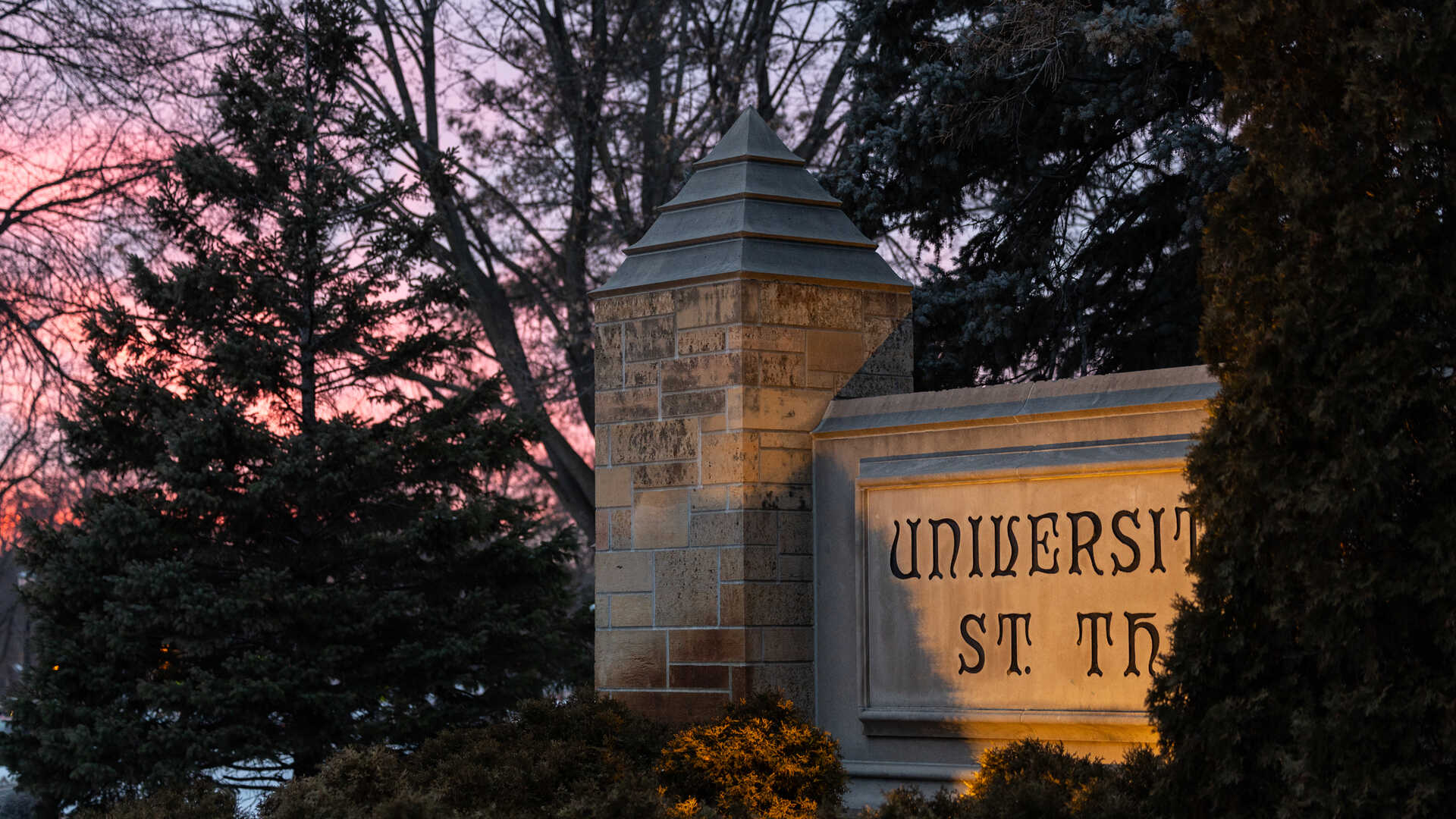Course Authors
Dr. Trout is an associate professor in the Department of Teacher Education in the School of Education. She started at the University of St. Thomas in 2012 and brings with her more than 35 years of teaching experience spanning pre-school through doctoral level classrooms in urban, suburban and rural settings. Dr. Trout received her Ph.D. from the University of Minnesota in 2010 in Curriculum and Instruction in Social Studies and Teacher Education. She is a Fellow at the Minnesota Institute for Trauma-Informed Education, and she specializes in care theory and effective teaching practices that cultivate relationships. Dr. Trout grew up near Chicago and has a BA in Diplomacy and World Affairs from Occidental College and an MA in Education from Stanford University.
Dr. Herrera, a licensed school psychologist, is on a mission to ensure psychologically safe learning communities through prevention and psychoeducation, facilitating environments in which children can flourish. She is Founder and CEO of Herrera Psychology, which provides private therapy and evaluations, and Telement, which provides in-school and virtual youth mental health services. Dr. Herrera is a strong advocate for diverse student populations. She has spoken nationally on topics related to gifted students and globally on how to engage neurodivergent learners.
